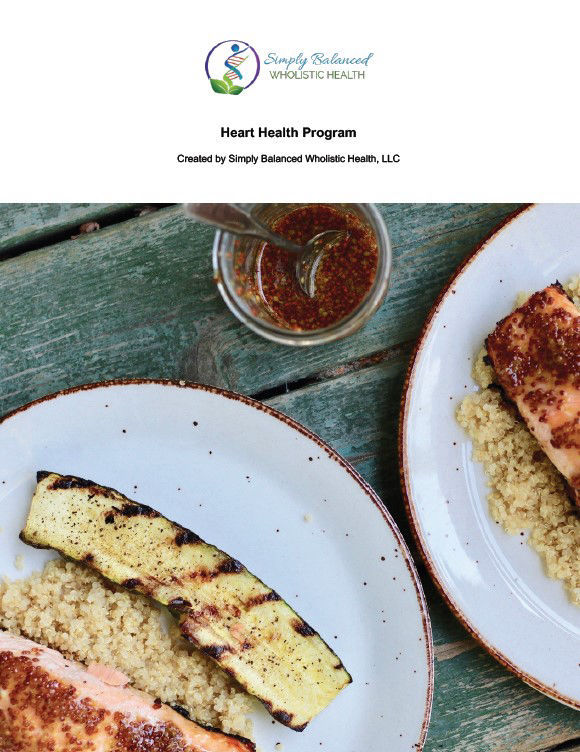
Heart Health Program
7 Day Meal Plan included 15 recipes
DAIRYFREE EGGFREE GLUTENFREE SOYFREE
Overview
A nutrition plan packed with fiber-rich fruits, vegetables, legumes, whole grains, lean protein, and healthy fats.
This program features heart-healthy foods, taking inspiration from recommended cardiovascular eating patterns such as the Mediterranean Diet, Portfolio Diet, and DASH diet.
Our Heart Health Program uses extra virgin olive oil as its main cooking oil. It incorporates fruits, vegetables, whole grains, oats, and legumes daily to provide a high-fiber diet. The plan also includes fatty fish such as salmon and plant-based fats from avocado. It incorporates a daily dose of nuts to provide healthy unsaturated fats while keeping saturated fat to a minimum. Sodium is limited to less than 2 grams per day.
Evidence
This program was created with the following key considerations:
Low Saturated Fat
Replacing saturated fat in the diet with healthy plant-based fats is shown to reduce the risk of cardiovascular disease. This program limits saturated fat to less than 16 grams per day, and the sources of this type of fat come from healthier foods like coconut oil, coconut yogurt, seeds, tahini, and chicken.
Healthy Fats
This program contains omega-3 fats from salmon and walnuts, and monounsaturated fatty acids from olive oil, almonds, and avocado. Nuts and nut butter is included daily in this plan as research shows that eating five servings of nuts per week is associated with a decrease in coronary heart disease events.
Fiber
Adequate dietary fiber intake is associated with lower blood pressure and reduced inflammation. This program is rich in fruits and vegetables, whole grains, and legumes to provide a daily total fiber amount of up to 45 grams. Soluble fiber found in foods like oats, chickpeas, bananas, berries, and sweet potato, are incorporated into the program and have been shown to improve glycemic control and lower cholesterol levels.
Low Sodium
Guidelines recommend restricting sodium to less than 2,000 milligrams per day to prevent or treat hypertension and reduce the risk of stroke and cardiovascular disease. This program meets the sodium limit and provides less than 1,000 milligrams of sodium daily for a majority of the plan.
Plant Sterols
Plant sterols can help lower cholesterol by blocking the absorption of some of the cholesterol in food. This program contains naturally occurring plant sterols found in plant-based foods, such as fruits, vegetables, nuts, seeds, and legumes.